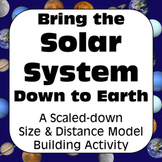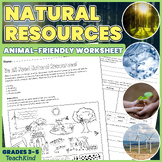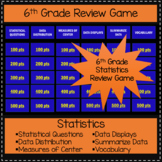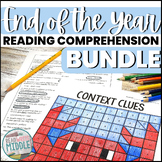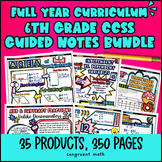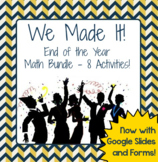Free 6th grade science literature circles
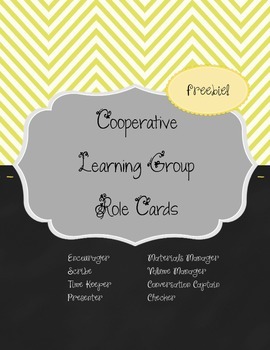
Cooperative Group Role Cards
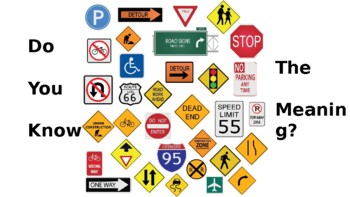
Community - Road Signs!
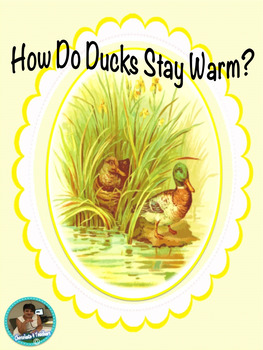
How Do Ducks Stay Warm? Nonfiction Passage & Printable
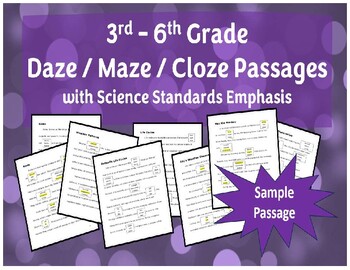
FREE Sample DAZE / MAZE / CLOZE Passage with a Science Emphasis
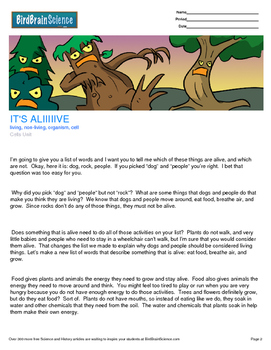
IT'S ALIIIIIVE - Living vs. Non-living Free Engaging Reading
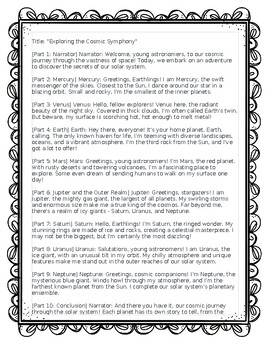
Solar System Reader's Theatre- two reading levels

Solar System ADAPTED BOOK Level 1, level 2 and level 3 with matching activity
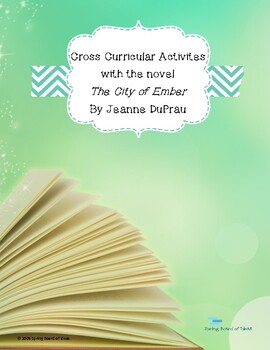
Cross Curricular Activites with the novel City of Ember
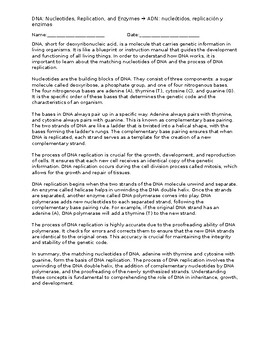
Structure of DNA Close Read and Questions in English and Spanish
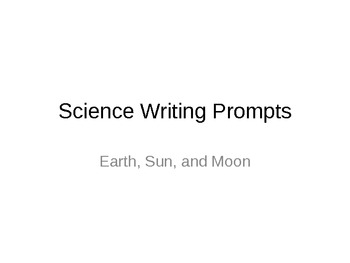
Earth, Sun, and Moon Writing Prompts
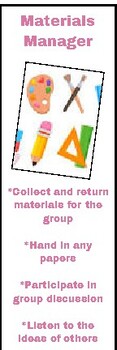
Small Group Roles / Bookmarks
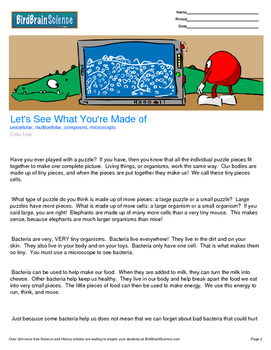
Intro to Multicellular Organisms - Free Engaging Science Reading
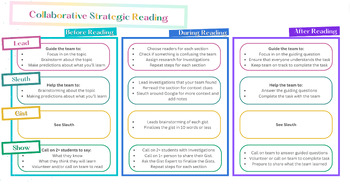
Guided Team Reading -- Instructional 1 pager
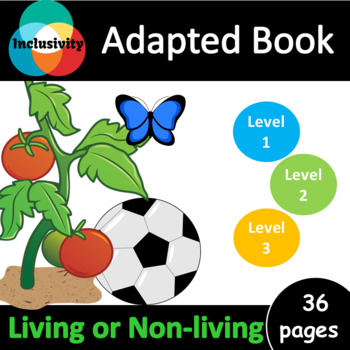
Living or Non-living ADAPTED BOOK including matching cards and assessment
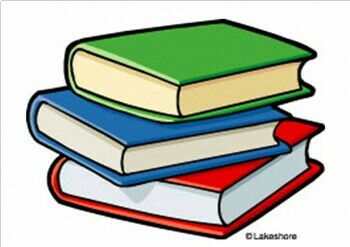
Digital Fiction/ Nonfiction Book Reports in Google Slides
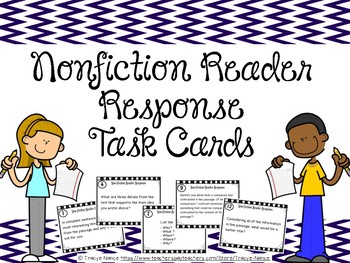
Nonfiction Reader Response Task Cards
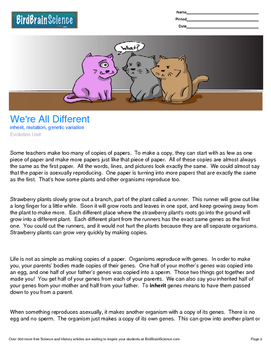
High Interest, Intro to Evolution Reading - We're All Different
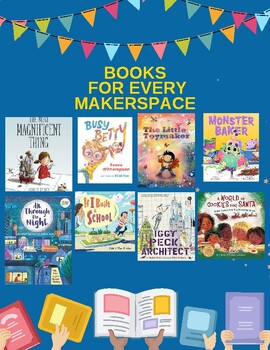
Books for Every Makerspace List
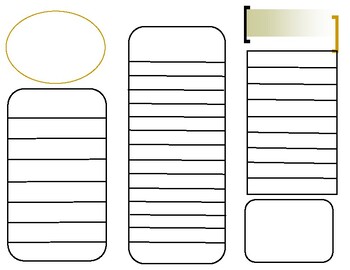
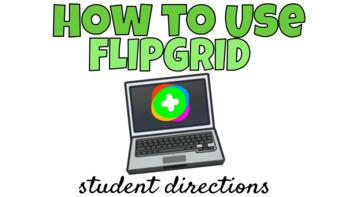
FlipGrid Student Directions - FREE
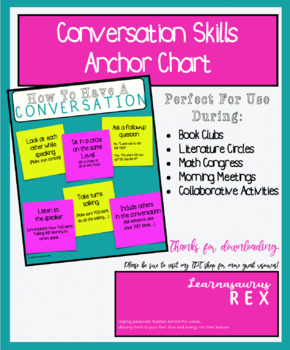
Conversation Skills Anchor Chart
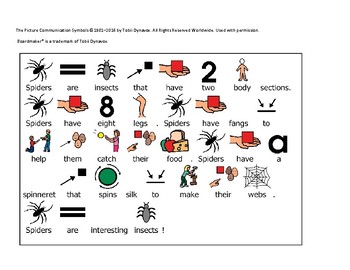
Adapted Spider reading.
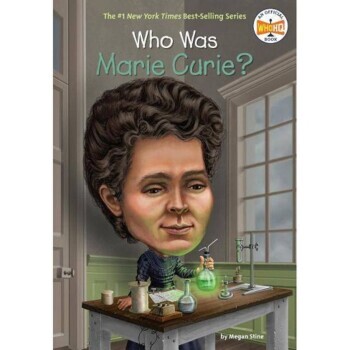
Who Was Marie Curie Chapter Questions
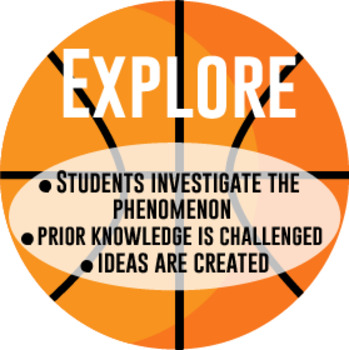
The 5 E's of Inquiry-Based Learning: Explore
Find Science resources | TPT
Importance of learning science
Learning science is particularly important for students as it equips them with the essential knowledge and skills to make sense of the world around them. Science education is not just about memorizing facts. It fosters critical thinking, inquiry, and problem-solving abilities. These skills are not only useful in school but also in everyday life beyond the classroom.
Benefits of learning science
Learning science offers many benefits to students both in school and beyond. In fact, it helps students:
- Question the world around them and seek evidence-based explanations
- Cultivate their ability to observe, experiment, and analyze data
- Nurture a sense of curiosity, awe, and wonder about the natural world
- Understand natural phenomena and the laws that govern the universe
With a solid foundation in science, teachers can help empower students to think critically, solve problems, make informed decisions, and engage with the world around them in meaningful ways.
Teaching with science resources
One of the best parts about science class is all of the possibilities for hands-on, collaborative learning! Think: labs, experiments, inquiry-based activities, and design challenges. These activities encourage students to explore scientific concepts by observing, asking questions, and conducting investigations. Additionally, with small group centers, students can engage in group experiments, discussions, and projects that require them to collaborate, share ideas, and solve problems together.
Discover printable and digital science resources
If you’re a teacher or parent looking for printable or digital science resources, TPT has an extensive array of instructional materials for every learning need, topic, or grade level. Whether you're learning about plant parts or butterfly life cycles, or exploring advanced topics like the anatomy of a cell or Newton’s laws of motion, we've got you covered.
On TPT, science resources come in various forms: from labs and worksheets to craftivities and doodle notes. They can be used to enhance learning, assess a student’s mastery of science concepts, or to reteach a tricky topic. With plenty of TPT resources at your fingertips, teaching and learning science will be so much easier. Plus, you can expand students’ knowledge even further by exploring TPT math resources, which are frequently paired with science lessons.
Frequently asked questions about teaching science
What types of science lessons are available on TPT?
There are many different types of science resources sold by Sellers on TPT. Some popular science lessons include biology, earth sciences, chemistry, environment, engineering, and anatomy.
How do I find science lessons on TPT?
Educators can save time preparing science lessons with resources created by experienced teachers. Simply start a search for science resources on the TPT marketplace, and filter by grade level, price, and/or resource type to find materials that've been proven to work in classrooms like yours. No matter what you’re teaching, there are plenty of science lessons and activities sold by Sellers on TPT that are tailored to meet your students' skill levels.
How can I make my science lessons fun and engaging?
Students learn best when they're engaged! Sprinkle a little fun into your science lessons and make them feel like real scientists by investigating everyday objects, exploring the world outside the classroom, and doing hands-on and collaborative experiments and design challenges.

